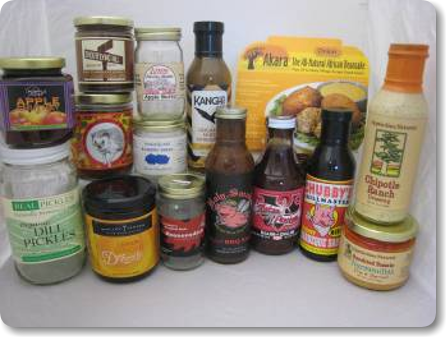Growing Good Food Enterprises through Impact Investing – Part 4
Part 4: The Road Ahead
Moving forward, our research suggests the need for additional flexible, patient capital and resources devoted to technical assistance, mentoring, and job-training to help grow the good food enterprise pipeline. Traditional technical assistance providers may not be prepared to deliver the support required to develop innovative good food enterprises. But organizations like CEI, Wholesome Wave, Vermont Sustainable Jobs Fund, and Slow Money Maine are helping fill the gap with technical assistance programs of their own.

Franklin County CDC’s Western Massachusetts Food Processing Center
In addition, incubator kitchens like the Franklin County Community Development Corporation’s Western Massachusetts Food Processing Center and Boston’s CropCircle Kitchen are helping to nurture value-added food enterprises. But more encouragement and assistance is needed at various stages of the good food enterprise lifecycle. Startups continue to need business planning assistance, work space and equipment, and access to seed capital. Established businesses have other needs: a skilled workforce, peer mentoring, consulting services, and access to new sources of flexible, patient capital to name a few.
![]()
Part of the solution lies in helping good food entrepreneurs (and aspiring entrepreneurs) connect with the right services given their specific needs and stages of development. However, helping good food enterprises afford these resources will also require up-front investment from funders, in the form of grants, equity, near-equity, and patient debt, in order to set the stage for more risk-averse financing and to help good food enterprises grow their positive impacts. Collaboration among funders in identifying promising enterprises, providing the appropriate technical assistance, undertaking due diligence, and structuring financing packages will be crucial both in helping to develop more and better good food enterprises and in supporting those enterprises as they grow. It is Fair Food Network’s intention that the Fair Food Fund will soon become part of this collaborative effort to provide the flexible capital and technical assistance good food enterprises throughout New England need. Look for more information on the development of the Fair Food Fund in the spring of 2012. We look forward to working with many of you to continue growing the good!







